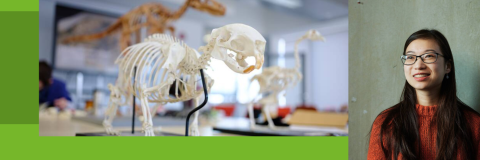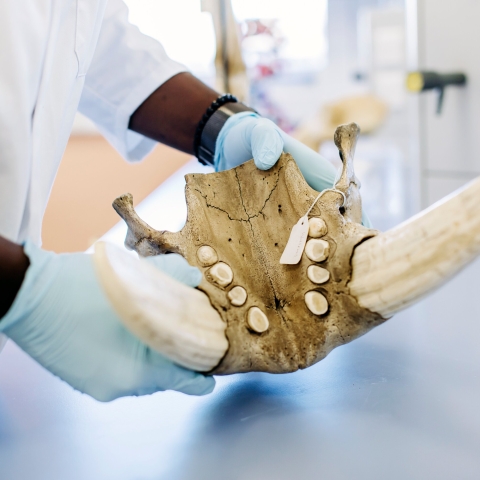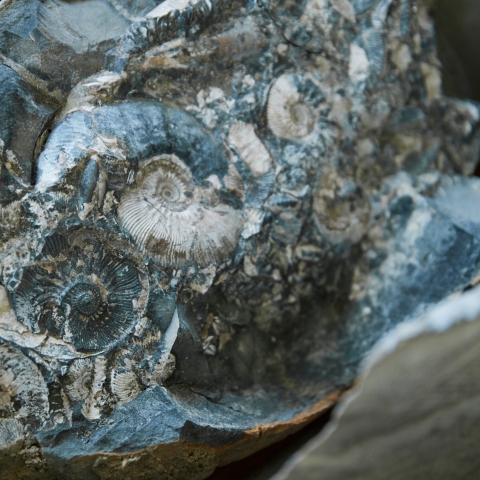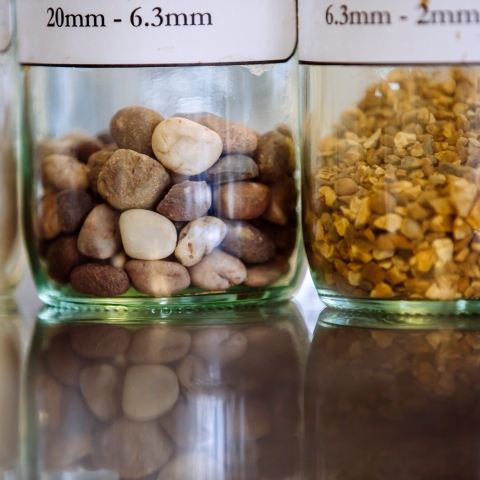
Sidebar navigation

Gaining Experience
Palaeontology
There are different ways you can get experience and develop transferable skills whatever your career goal, for example this could be by working on a part time basis, undertaking a summer internship, through work shadowing or volunteering. It is worth remembering, however, that it's not the amount of experience that you gain but what you make of it that will count in your favour when looking to progress your career. Below you will find different areas that you could consider for potential work experience in this field.
Different sectors for work experience
If you wish to work in the museum sector then volunteering is crucial. Don’t limit your efforts only to national and large regional museums and galleries. They are likely to be overwhelmed with requests for voluntary work. Apply to smaller local museums as you are likely to get a broader range of experience.There are several museums in Portsmouth that you could use as a starting point:
- Cumberland House Natural History Museum
- Portsmouth Museum and Art Gallery
- National Museum of the Royal Navy
If you cannot see a role advertised then approach the museum yourself. Treat your request as if you are applying for paid work - find out about the museums that you are interested in, visit them if you can and when you contact them explain why you want to volunteer for them. Be honest about how much time you have available - you're more likely to find an opening if you are available for the same amount of time each week.
If you would like to gain some direct experience in Palaeontology, it could be worth investigating organisations that might give the potential for working in the field.
As a starting point you may look at the following local organisations:
If you intend to pursue an academic career, gaining experience whilst you are an undergraduate student would be advantageous. Experience such as volunteering to be a course representative is a great way to network with academic staff and to understand how academic departments are structured and conduct their business. A part time role working as a Student Ambassador, promoting the university at events such as Open Days, also would be a great way to gain experience. Equally any opportunities to attend conferences to network with researchers in your field of interest as well assisting researchers with data collection and classification could be a good way to gain new skills and experience.

Speculative applications
Speculative applications involve sending a CV and cover letter to an employer to ask if they can offer any work experience, even if the company is not currently advertising placements or internships.
Submitting a speculative application shows your interest in a specific company and your willingness to go above and beyond to develop your skills and understanding of the industry.
Explore the Palaeontology Career Guide
Palaeontology
Your guide to building a career with a Palaeontology degree.
Palaeontologist Museum/gallery curator exhibitions education Research scientist (physical sciences) Higher education lecturer Palynologist or stratigrapher Environmental Engineering geologist Geotechnician Geological surveyor Programme researcher Geochemist Geoscientist Science writer

Getting started with Palaeontology
Take the first steps to researching a career with a Palaeontology degree.

Finding a job in Palaeontology
Discover the different ways to secure employment after your studies.


